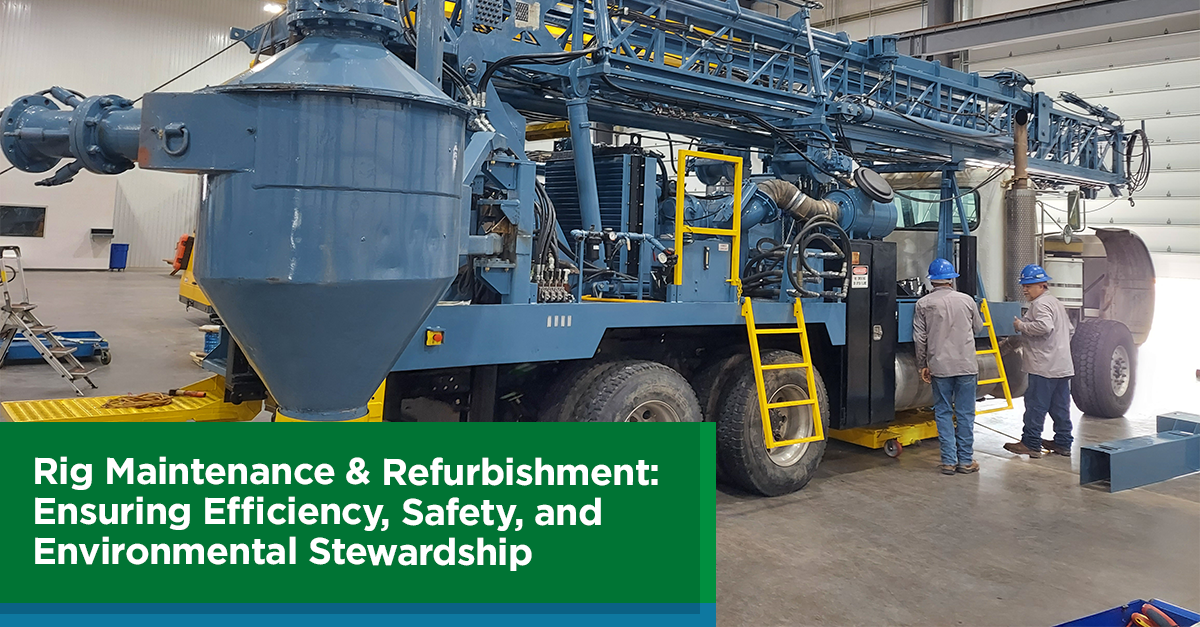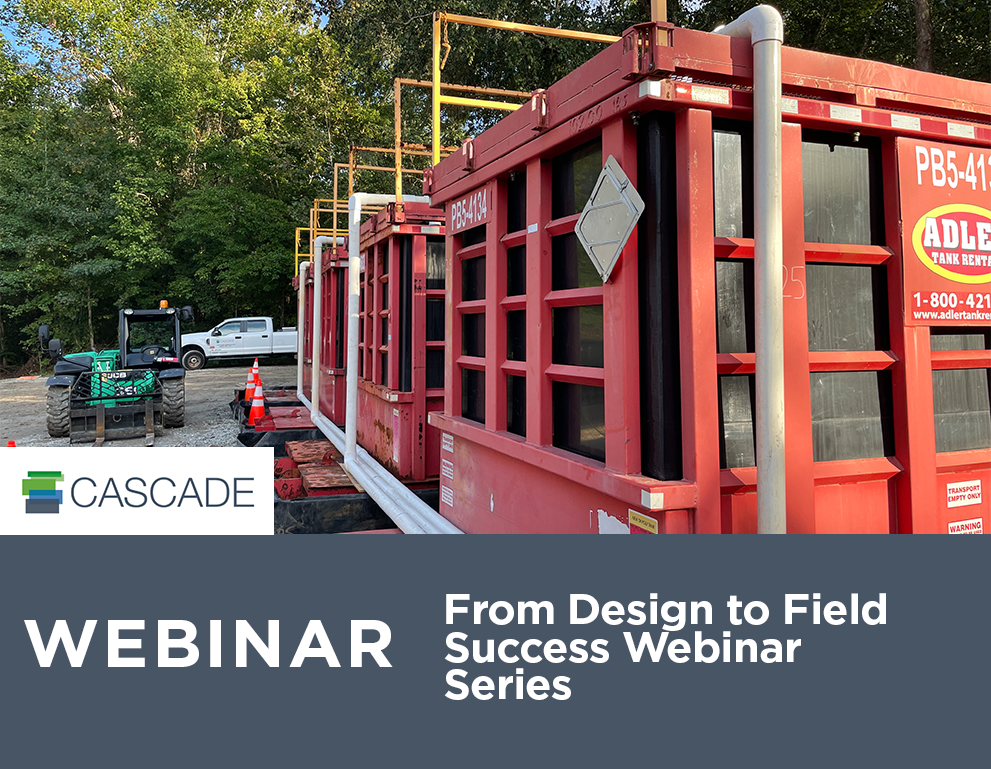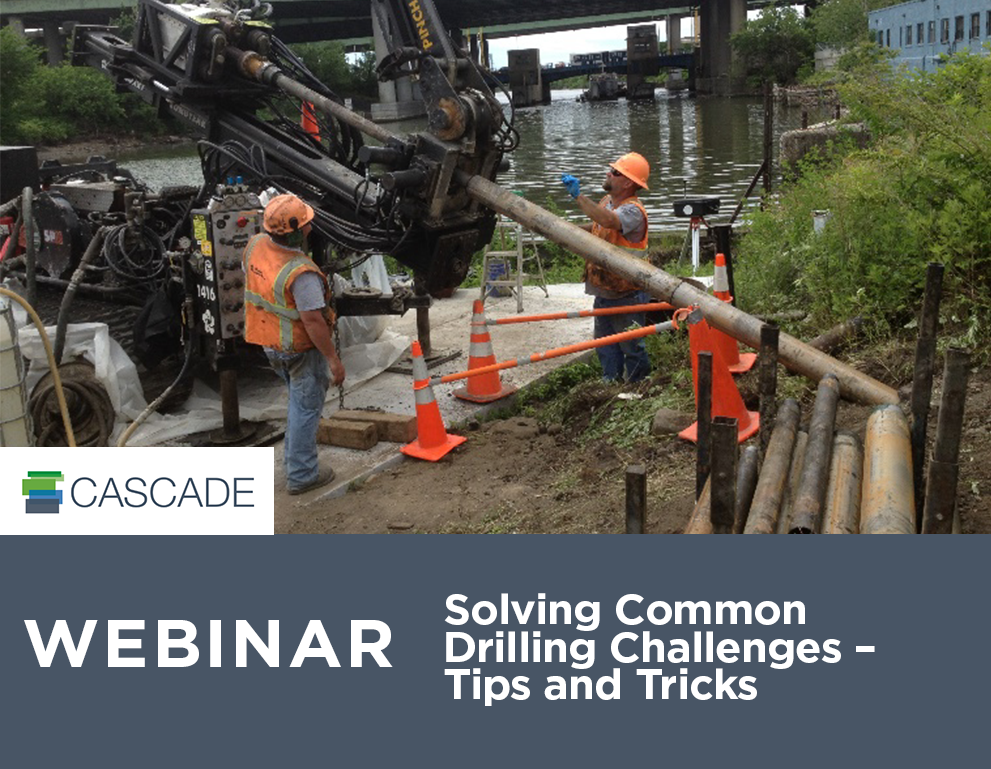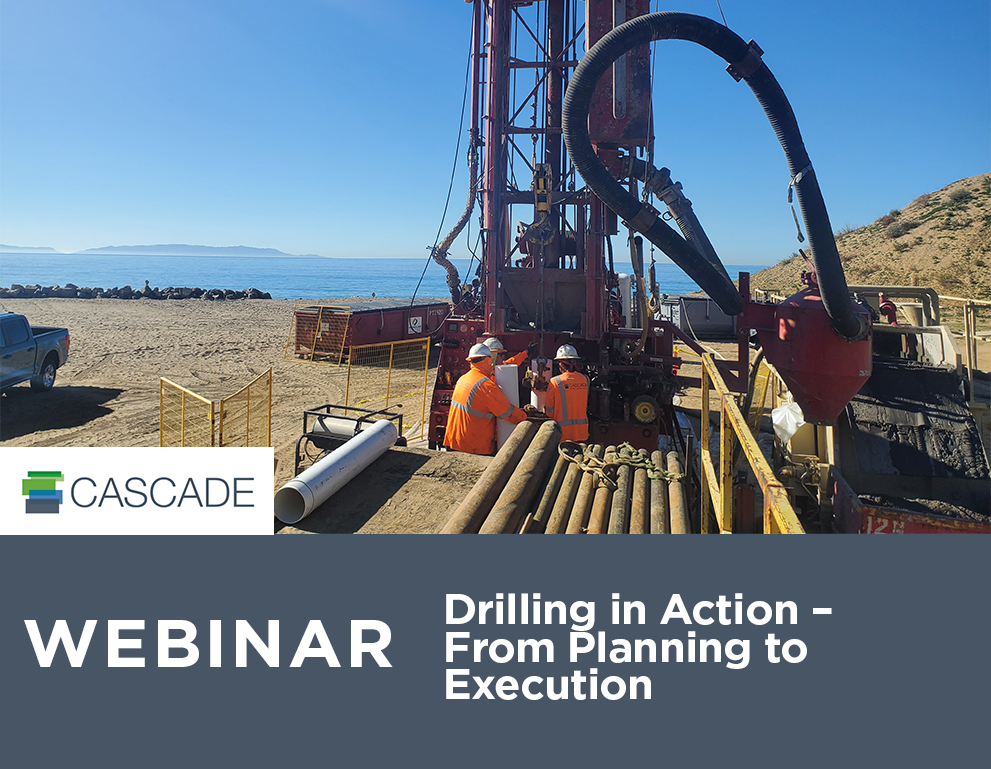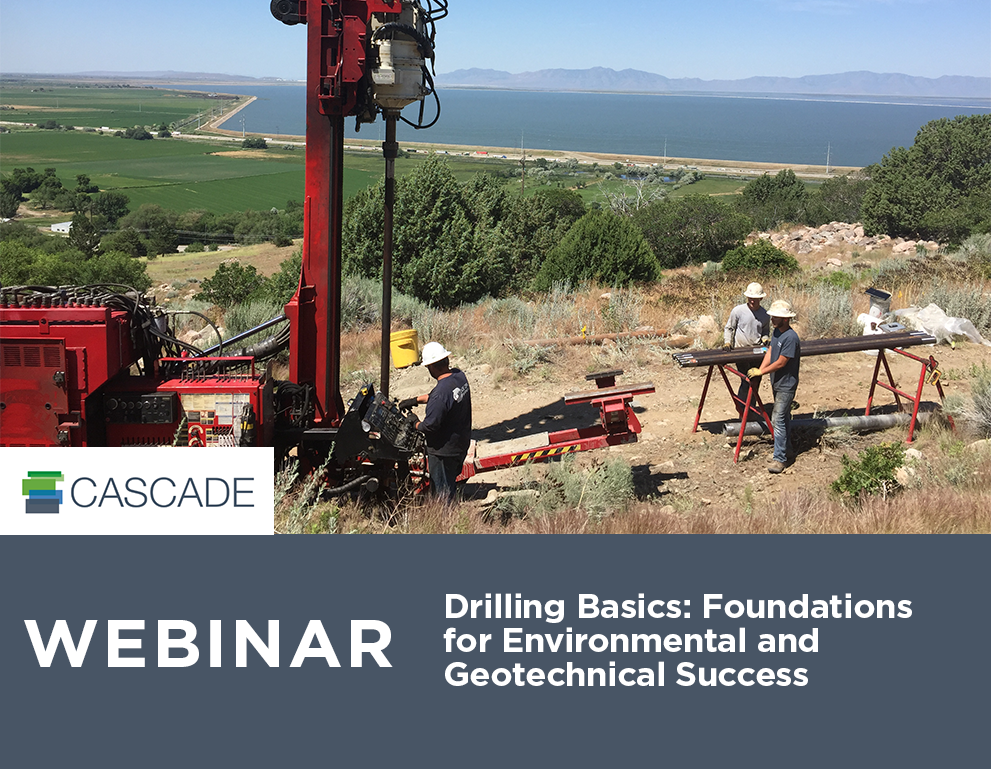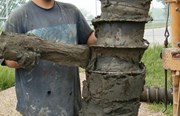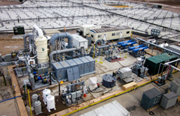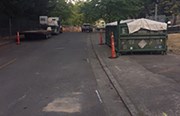4 Things You Need to Ask Every Contractor Before Hiring Them For Your ISS Project
By: Jon SimpsonWhen it comes to in situ stabilization (ISS) projects, the pressure is on! Once you’ve determined this is the right treatment for your project site, the challenge is just beginning. You need to ensure the contractor you choose has the technical capabilities you need, the quality you require, and the experience to handle any situation while staying on schedule and within budget.
The selection process is critical to your success, but it can also be daunting. If you ask potential contractors these four key questions, you’ll have the information you need to make the right decision.
What is your project experience with ISS?
The contractor you work with should have experience in a variety of ISS methods to address different contaminants of concern, at greatly variable depths and geologic conditions. If your project is at shallower depths, it may require using excavators and other common construction equipment. For contaminants at deeper depths, your project may call for deep soil mixing using specialized tools. A contractor who takes the same approach no matter the depth is waving a red flag—heed it!
Perhaps your project involves more than one contaminant or difficult contaminants. If so, ask potential contractors to describe similar situations they’ve handled. Inexperienced ISS contractors may not have such experience—but if you haven’t used ISS, either, how can you tell? Here’s a hint: a smart approach to multiple or challenging contaminants, such as chlorinated or grossly contaminated materials with volatile organic compounds (VOCs), is a phased approach.
What equipment do you have?
You should understand the contractor’s equipment capabilities, including what types of proprietary equipment and specialty equipment they have for ISS. State-of-the-art precision equipment can increase quality control, and higher production equipment can enable the contractor to perform a technically challenging ISS job within a more compressed schedule. Ideally, the contractor has specialized soil mixing buckets, specialized augers, and precision high-volume batching equipment.
The contractor may also own a variety of batch plants that can be sized for a specific job, whether high or low volume. They should also have silos to store the reagents, and the ability to perform ISS with multiple amendments on a very precise basis.
Also, it’s important to ask if they have a plan for an equipment breakdown, as it can mean significant delays to your project. Breakdowns happen, and experienced contractors will have a plan to mitigate the impact to your project. Ideally, the contractor you choose will have a large fleet of equipment and can sub in a replacement. Minimally, though, your contractor should have an experienced mechanic on staff who can do repairs on short notice.
How do you maintain quality control on a job site?
Your contractor’s standard operating procedures should include having an experienced quality control manager on every ISS project. On drilling equipment, they should use electronic data loggers that record critical drilling parameters, such as the drill penetration rate, the quantity and distribution of the slurry/grout, as well as depths and elevations. This data provides an as-built record of that drilled column; the contractor will know exactly how deep the column is, how long the drilling took, how much grout went in, and how the grout was distributed throughout the entire column. Without this information, the contractor has no idea how much grout was used, or how deep the drill went. In a worst case scenario, that could mean a void left in the subsurface and missed contaminant that may have gone untreated.
Your contractor should also use map-grade GPS equipment to maintain the layout and confirm and document the ISS progress on the site on a real-time basis. In the old days, stakes in the ground and lines made of string would mark off a site, but today, with GPS, the contractor can easily confirm that they’re exactly where they’re supposed to be. You want that higher level of quality on your project.
What challenges in performing an ISS project have come up and how did you handle them?
This is always one of the toughest questions you can ask, and it’s worth finding out what they say in response. A typical challenge that might come up on an ISS project is running into tough geologic conditions. For example, the team could encounter unexpected densities on the site, such as hard rock boulders or loose unconsolidated soil. Both make drilling and mixing difficult. Does the contractor have experience in adapting to surprising conditions and modifying their approach on the fly?
Or, what if the contaminants of concern prove difficult to stabilize through conventional ISS methods? Does the contractor have experience in treatability testing and pilot-scale work to optimize reagents and techniques in order to stabilize these compounds? It’s important to understand and be comfortable with a contractors approach to discovering and troubleshooting unexpected problems.
Armed with the right questions, and expectations for the contractor’s ideal experience and capabilities, you can be prepared to search for and select the best ISS contractor for your remediation project.
If you’re ready to begin evaluating contractors and getting bids, let us know by requesting a quote.
About the Author
Jon Simpson, P.G.
Sr. Project Manager
[email protected]
Jon Simpson is a Senior Project Manager at Cascade Remediation Services and serves as subject matter expert for in situ stabilization (ISS). He has over 30 years of environmental experience and is a practiced senior hydrogeologist. Jon provides hydrologic technical support and project management associated with complex investigative and remedial actions. Jon is an expert in geophysical techniques (surface and borehole), drilling methodologies and practices, and support services related to site characterization and remediation activities.



